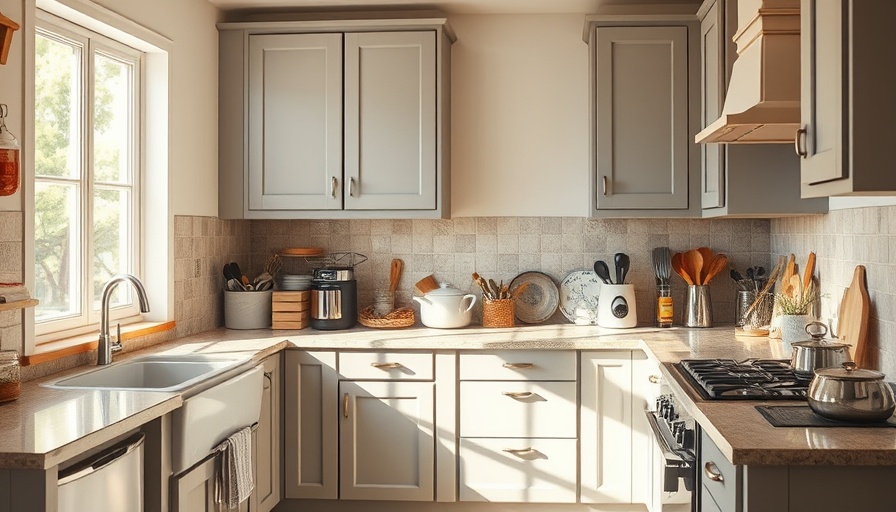
Understanding the Timeframe of Home Inspections
When embarking on the journey of home selling or buying, being well-informed about the home inspection process is crucial. Most home inspections typically take between 2 to 4 hours, but various factors can influence the duration. Knowing what to expect can ease anxieties and help you prepare effectively for this pivotal step in the real estate process.
Factors Influencing Home Inspection Duration
The time it takes for a home inspection can vary based on several key elements that prospective buyers and sellers should be aware of:
- Size of the Home: Larger properties naturally require more time to inspect. A cozy condo might have an inspection completed in under two hours, while sprawling homes, particularly those exceeding 5,000 square feet, could require four hours or more due to the extensive areas needing examination.
- Age of the Home: Older homes often demand more thorough scrutiny. Original systems like plumbing and electrical work need to be meticulously checked for signs of wear or needed upgrades. This can extend the time spent in comparison to newer homes, which typically present fewer issues.
- Condition of the Home: Homes that are poorly maintained will require longer inspection times as the inspector must document numerous issues, conduct spot evaluations, and assess the extent of damage. Conversely, well-kept homes usually facilitate a quicker inspection process.
- Inspector’s Thoroughness: The experience and meticulousness of the inspector play a crucial role. A committed inspector will take time to ensure everything from the roof to the foundation is thoroughly evaluated, enabling a complete understanding of the property’s condition.
- Scope of the Inspection: While a standard home inspection covers major visible components, which are crucial for identifying potential issues, additional specialty inspections (like radon testing or pest inspections) can elongate the overall time.
The Importance of Thorough Inspections
Taking the time necessary for a home inspection can save buyers from future headaches. Identifying issues early provides an opportunity for sellers to address concerns before listing their home. Additionally, for buyers, having a complete understanding of the property’s condition can be a powerful negotiating tool during the final sale discussions.
Specialty Inspections: Understanding Their Added Value
Even if the standard home inspection takes, say, four hours, buyers may opt for additional specialty inspections to assess specific conditions:
- Radon Testing: This test typically requires setting up a device for an extended 48 hours to measure radon levels within the home, ensuring safety and health standards are met.
- Pest Inspections: Focused on identifying termites, rodents, and other pests, these inspections can add comprehensive insights into a property’s long-term durability and livability.
- Sewer Scope Inspection: Employing a camera to explore sewer lines can uncover hidden issues, mitigating potential future costly repairs.
Preparing for Your Home Inspection
As a homeowner preparing for an inspection, it’s wise to tackle any obvious repairs or maintenance before the inspector arrives. Clear areas around major components like the furnace and water heater to give the inspector easy access. Being well-prepared can not only help streamline the home inspection process but also boost the overall appeal of your property.
Final Insights: Navigating the Home Inspection Landscape
Whether you are selling or buying, a home inspection is a cornerstone of the real estate process. Understanding how it works—along with its typical timeframes—can help you navigate the complexities of the real estate market with confidence. As you engage with real estate websites like Redfin, Zillow, and Trulia to search for homes for sale or apartments for rent, keep the role of inspections in mind as a fundamental step toward a successful transaction.
 Add Row
Add Row  Add
Add 



Write A Comment